Your Pet’s Health, Unlocked: Why Bloodwork Matters More Than You Think
At Greenfield Veterinary Clinic, we know how deeply you care about giving your pet a long, healthy, and happy life. You provide love, comfort, and nutrition—but there are health issues that can develop silently, beneath the surface. One of the most effective ways to catch those problems early? Annual bloodwork.
In this guide, we’ll walk you through why routine blood testing is so important, what it reveals, and how it helps us tailor care that keeps your pet thriving at every stage of life.
Why Bloodwork Is Essential to Preventive Care
Think of annual bloodwork as a vital checkpoint in your pet’s wellness journey. Much like your own annual physical, this quick but powerful test gives us a detailed view of your pet’s internal health—before symptoms arise. It helps us:
- Detect disease in its earliest stages
- Track subtle changes over time
- Build personalized health plans based on your pet’s age, breed, and lifestyle
Preventive screenings like these are a cornerstone of lifelong care. Learn more about why regular veterinary visits matter.
What Bloodwork Tells Us
A standard panel typically includes two main components: the Complete Blood Count (CBC) and the Biochemistry Profile, with optional add-ons depending on your pet’s needs.
Complete Blood Count (CBC)
This test evaluates:
- Red Blood Cells – Low levels may suggest anemia; high levels could point to dehydration.
- White Blood Cells – Helps identify infection, inflammation, or immune system abnormalities.
- Platelets – Critical for blood clotting; low numbers can signal clotting disorders or immune issues.
Biochemistry Profile
This test screens for:
- Kidney Function – Elevated BUN and creatinine can point to early kidney disease.
- Liver Enzymes – ALT and AST levels reveal how well the liver is processing toxins.
- Blood Sugar – Essential for identifying diabetes or low blood sugar events.
- Electrolyte Balance & Proteins – Key for hydration, metabolism, and overall organ function.
- Pancreatic Markers – Amylase and lipase help assess gastrointestinal health.
Curious about other test types? Explore the Types of Veterinary Medical Tests – Merck Veterinary Manual.
Why Early Detection Is a Game Changer
Many serious health conditions start with subtle internal changes. By the time symptoms appear, the disease may already be advanced. Bloodwork helps us stay one step ahead.
Common Conditions Bloodwork Can Reveal:
- Chronic Kidney Disease in Cats – Often symptomless until late stages
- Diabetes in Pets – Early detection allows for better glucose control
- Hypothyroidism in Dogs – Can explain weight gain, skin changes, and lethargy
- Feline Hyperthyroidism – A common condition in older cats that’s manageable when caught early
The earlier we detect these conditions, the more options we have for effective treatment.
Age Matters: Tailoring Bloodwork Across Life Stages
Your pet’s age plays a big role in how often—and what kind of—blood testing they need:
Puppies & Kittens
Early testing helps us screen for inherited conditions and create baselines for future comparison.
Adult Pets
Annual bloodwork lets us monitor trends over time and intervene before problems arise.
See Importance of Blood Work for Your Dog – Pet Health Network for more insights.
Senior Pets
Older pets are at higher risk for chronic illnesses. Biannual testing is often recommended.
Review Preventive Testing for Senior Pets – Zoetis Petcare and A Watchful Eye: Recognizing Senior Pet Health Problems for signs to watch for as your pet ages.
Signs Your Pet May Need Bloodwork Sooner
Routine bloodwork is important, but sometimes symptoms call for immediate testing. Watch for:
- Increased thirst or urination
- Unexplained weight loss or gain
- Decreased appetite or energy
- Vomiting or digestive issues
- Changes in skin, coat, or behavior
If your pet is showing any of these signs, don’t wait. Bloodwork can provide fast, accurate answers.
What to Expect During a Bloodwork Visit
We aim to make the process smooth for both you and your pet.
- Fasting: We may ask that your pet skip breakfast to ensure accurate readings.
- The Draw: A small sample is taken from a vein—quick and minimally invasive.
- Results: Most test results are ready in a few days. We’ll walk you through the findings and next steps.
Bring along any medications your pet is taking and note any recent changes in behavior, appetite, or energy.
FAQs: Quick Answers to Common Questions
Is bloodwork painful for my pet?
Not at all—just a brief pinch, similar to a vaccine. Most pets tolerate it well.
How often is bloodwork recommended?
Annually for most pets; semiannually for seniors or pets with chronic conditions.
What if my pet gets nervous?
We use gentle, fear-free techniques and can work with you on calming strategies beforehand.
You Don’t Have to Guess—We’re Here to Help
At Greenfield Veterinary Clinic, we believe prevention is the best medicine. Annual bloodwork empowers us to make informed, proactive decisions that protect your pet’s health and happiness for years to come.
Whether you have questions or you’re ready to schedule an appointment, contact us, or meet our team to learn more. We’re here to be your partner in every stage of your pet’s life.


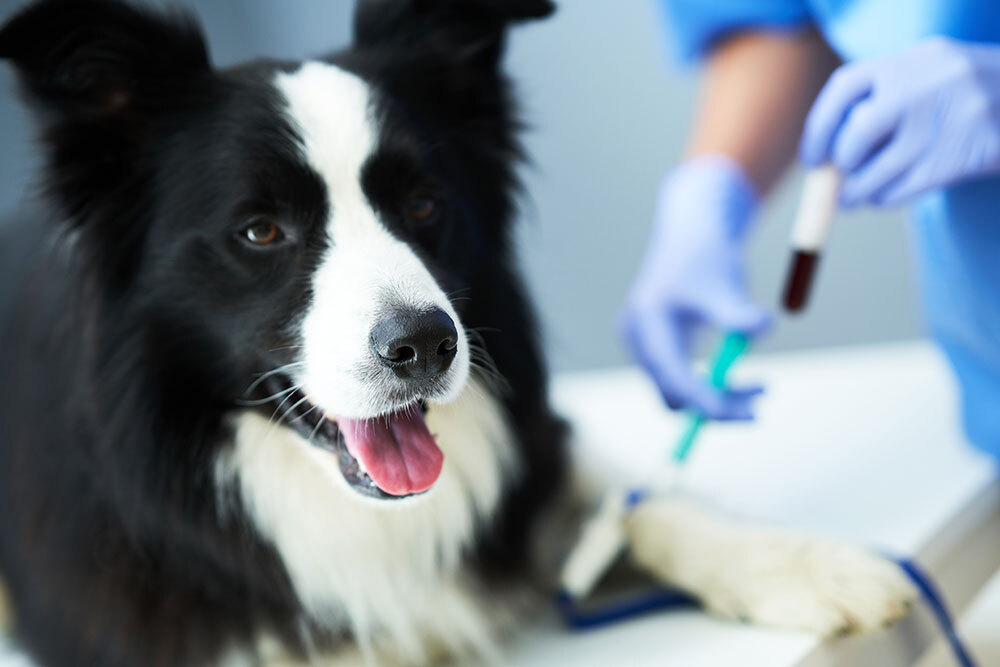
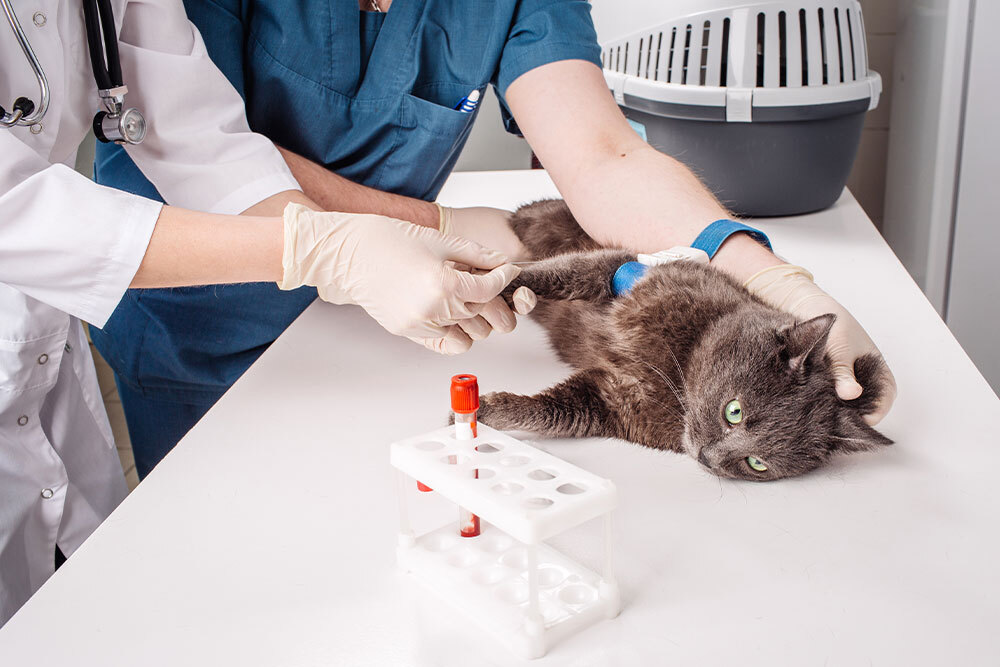

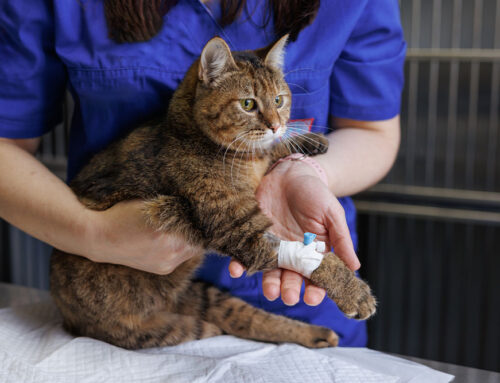
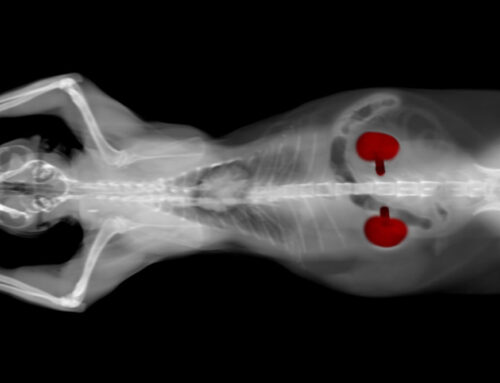
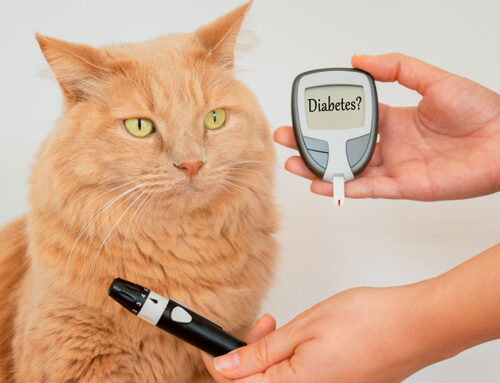
Leave A Comment